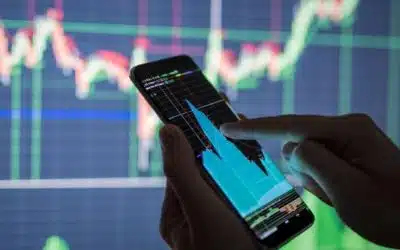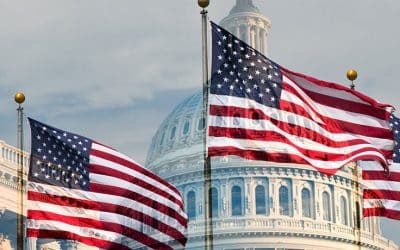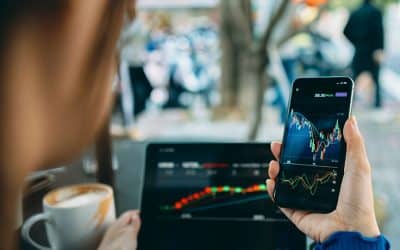“The new Covid restrictions are having a significant psychological effect on investors”

Redacción Mapfre
More and more countries are enacting new restrictions due to the increase in Covid cases. Some experts are already predicting an impact on the economy that will obviously be passed on to the markets. In the view of Alberto Matellán, chief economist of MAPFRE Inversión, this could have two types of impact. The first, and most important, is a psychological one: “At the beginning of December last year, the word was that the vaccine was ready and there was a change of scenario. This was a strictly positive psychological impact based on the impression that all of this was over. And now the opposite may happen.” At the same time, this expert does not rule out that it could also have a “not insignificant” effect on the economy depending on how far the different governments go.
This is a problem in addition to the persistent uncertainty due to inflation and bottlenecks. This week, Ifo economist Kalus Wohlrabe noted that this is “a cause for concern as supply bottlenecks are putting companies under real pressure.” As Matellán pointed out in his weekly appearance on Radio Intereconomía, Germany is being more seriously affected by this than, for instance, countries like Spain. “In the end it depends on the structure of each economy, and Germany is reliant on the components that are suffering the biggest bottlenecks. They are expected to end up having increased investment and production capacity within six to twelve months, but this does not detract from the fact that the situation now could be problematic," he adds.
U.S. GDP data released this week confirms the slowdown. But Matellán prefers to speak of "normalization.” The fact is that we are indeed returning to more normal growth rates, “which does not mean that they are low,” he explains, because, among other factors, it seems that fiscal stimuli will remain in place. "The first few months of 2022 will bring greater clarity to this situation and this is why there may be more volatility.”
Supporting this growth will be the momentum of consumer spending during Black Friday and the Christmas season. Although the economist acknowledges that “this is going to be a good shopping,” he sees these as unreliable and very short-term indicators. “With inflation higher, it's to be expected that consumers will take advantage of more deals and there is a lot of pent-up savings, so we can expect it to be a good season. But I wouldn't put the focus on what happens over a few days and look more at the longer-term trend.”
In the field of monetary policy in the US, Joe Biden once again nominated Jerome Powell to occupy the throne of the Federal Reserve, in what would be his second term. Matellán sees the decision as positive because “it means continuity and independence.” “Macro data will continue to predominate in the Fed's monetary policy decisions,” he concludes.


